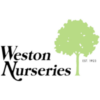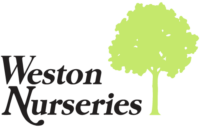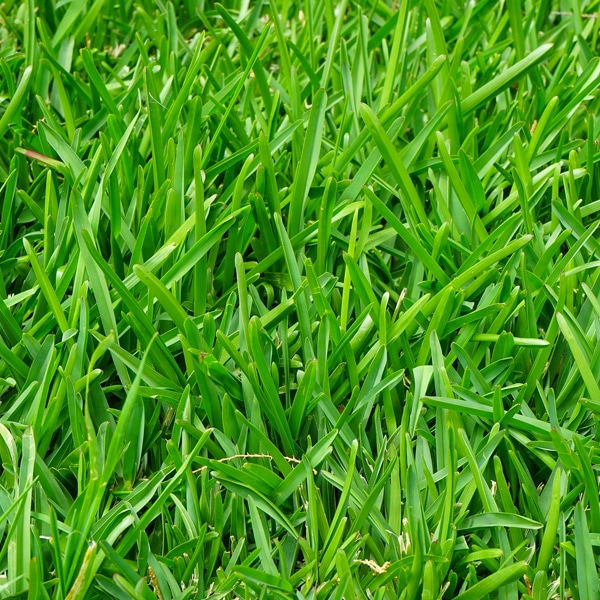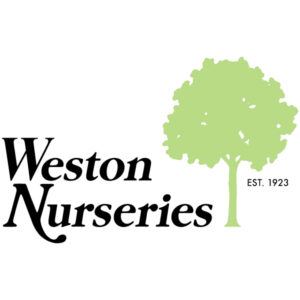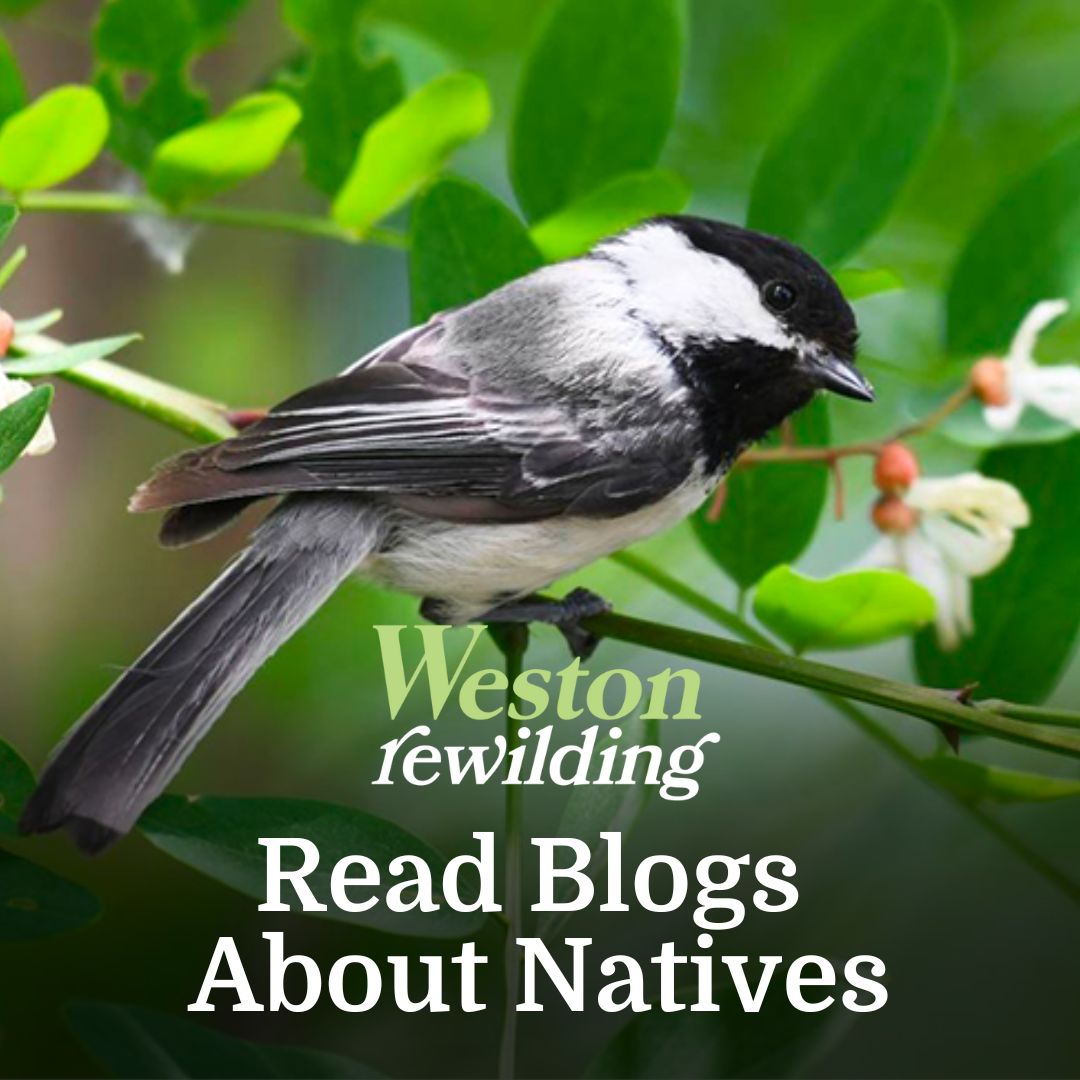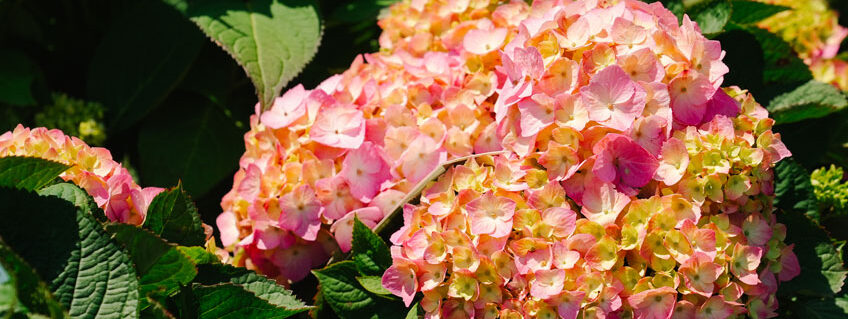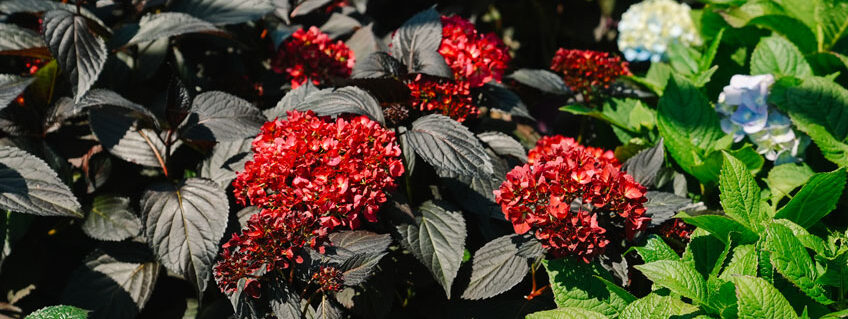By Jim Connolly, MCH, MCLP
One of the first passages of spring activities is getting out and accessing what we need to do to our lawns to get them back in shape. Every spring it’s the same: winter damage from the voles and moles, brown patches from the road salt, and dead spots from last year’s weeds. We wish we could just snap our fingers and, “Poof!” the lawn is dense and full. Traditionally, in order to fix this problem, you would go to your local garden center or home improvement store and purchase the typical four-step lawn program: you apply the first step now and the other three steps throughout the year- that is, if you remember where the bags are or when to apply them. However, everyone’s lawn and soil is different. To achieve the best results you can’t compare your lawn to your neighbors.
What your lawn and soil requirements are could be totally different to your neighbors. Therefore, to achieve the best results you need a customized lawn care program.
A good lawn starts with good soil. Good soil isn’t defined by the color of the soil but rather the life within it. That then leads you to think: how do I know if my soil is alive? Well, moss, compacted soil, and dust bowls typically denote lifeless soil. Additionally, be on the lookout if your lawn struggles to develop enough growth or if weeds infiltrate your soil. A soil with life will offer many benefits for the lawn: it will emit more nutrients into the lawn, retain water with its larger root system to sustain itself during dry periods, grow faster and fill in areas where dead spots were previously located, and choke out weeds as they start. This soil will produce a dense lawn and will tolerate fewer watering applications. This will be helpful as we get into the summer heat and water bans start to develop.
To attain this soil, you should start by adding organic matter to the soil. The organic matter you use could be compost, poultry manure, or any other organic-labeled lawn fertilizer product. In addition to organic matter, you should apply a fast acting lime and gypsum with humic acid. Combined, these products will bring life into the soil and, consequently, encourage the lawn to become more resilient and dense.
If you prefer, you can still apply synthetic fertilizers to your lawn throughout the year but you including some organic fertilization applications as well will allow the soil to grow healthier. With the snow melted and spring starting a bit earlier this season, I recommend you fertilize your lawn with an organic fertilizer like poultry manure; this will give the grass a small amount of nutrients as well as help activate the soil which initiates the growth of the grass roots.
Typically, the first step of your lawn program includes a lawn fertilizer with crabgrass preventer. In the past this product had to be applied when the forsythia was in bloom. It still can be applied then, however, there are newer products on the market that have the ability to kill the crabgrass seedlings and seed. So even if the forsythia has finished blooming you could still have time to apply these products into late spring. Your fertilizer with crabgrass prevention products will typically last 10 weeks or more.
Come late spring your lawn should be full of life and looking great. Continue to manage your lawn by accessing at that time what needs to be done. Perhaps it needs another application of organic base fertilizer. Consulting a lawn care expert at your local independent garden center will provide you with expert advice on what product to use and when to use it.
Just as “Rome wasn’t built in a day,” soil life cannot persist with just one application of organic products. Typically, you need to apply fertilizer consistently for a minimum of two years before you start seeing results. With these steps you can achieve an aesthetically pleasing and healthy lawn that is safe for your plants, your children, and your pets.
Written by Jim Connolly, MCH, MCLP is the Garden Center Manager of Weston Nurseries, Inc., Chelmsford MA
MCH – Massachusetts Certified Horticulturist
MCLP – Massachusetts Certified Landscape Professional
